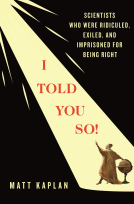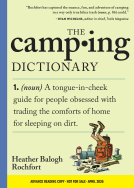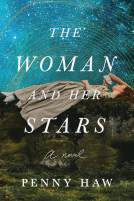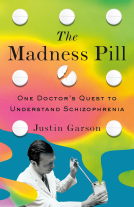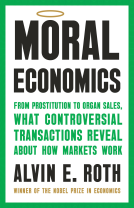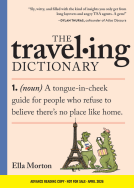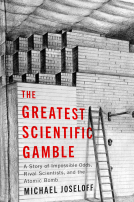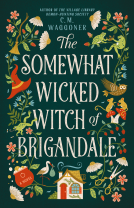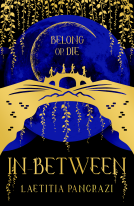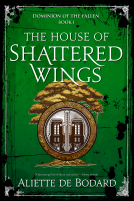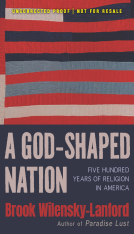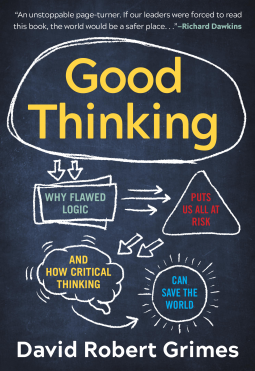
Good Thinking
Why Flawed Logic Puts Us All at Risk and How Critical Thinking Can Save the World
by David Robert Grimes
This title was previously available on NetGalley and is now archived.
Send NetGalley books directly to your Kindle or Kindle app
1
To read on a Kindle or Kindle app, please add kindle@netgalley.com as an approved email address to receive files in your Amazon account. Click here for step-by-step instructions.
2
Also find your Kindle email address within your Amazon account, and enter it here.
Pub Date Mar 30 2021 | Archive Date Apr 13 2021
Talking about this book? Use #GoodThinking #NetGalley. More hashtag tips!
Description
This file is NOT currently available for Kindle. We apologize for any inconvenience. If you have difficulties with downloading, please email us (at publicity@theexperimentpublishing.com) for assistance or leave a note in lieu of a review rating.
Good Thinking is our best defense against anti-vaccine paranoia, climate denial, and other dire threats of today
In a world where cries of “fake news” and mistrust of experts often hold sway, we can be misled all too easily. Consider: Wi-Fi is radiation. Some cancers are caused by radiation. Thus, Wi-Fi causes cancer. Sound convincing?
In Good Thinking, David Robert Grimes helps us identify seductive and destructive bad logic. Take the “fallacy of the undistributed middle”: The ancient Greek philosophers are dead. Jimi Hendrix is dead. Thus, Jimi Hendrix was a Greek philosopher. In closing such logical loopholes, Grimes dismantles dangerous conspiracy theories and common misconceptions. (Wi-Fi does not cause cancer, and Hendrix did not jam with Socrates.)
Packed with fascinating characters—from a murderous pope to a superstitious pigeon—Good Thinking can help us fight willful ignorance and plain old irrationality in all its forms.
Available Editions
| EDITION | Other Format |
| ISBN | 9781615197934 |
| PRICE | $15.95 (USD) |
| PAGES | 400 |
Links
Average rating from 14 members
Featured Reviews
 Reviewer 688009
Reviewer 688009
This book gave great insights and stories on making good decisions, would recommend for a quick little read.
 Rachel Z, Reviewer
Rachel Z, Reviewer
This was a super smart book about heuristics and mental models, explaining how and why people fall prey to false statistics, group think, and even conspiracy theories and fake news. While the author has demonstrable wisdom in many fields, the concepts are accessible and the anecdotes and stories throughout are engaging and illustrative of the larger concepts. Highly recommended.
 annetherese b, Librarian
annetherese b, Librarian
A very well done book that could quell your anxiety and help reason out our crazy world. Critical thinking is the analysis and evaluation of an ideas in order to form a judgement. As humans it's the only thing that prevents us from making a critical error of faulty thinking. The internet and our media choices are loaded with lies and half truths. We can choose to believe anything. This emotional response only drags us further into our tribes and disallows us to reach out of our own ideological group. This book employs scientific and analytical thinking to sift through the cacophony of news with which we are faced. Pulling from historical moments in time and lesser known individuals, examples of confusion from the truth to the absurd, are explored in this book. This author helps the reader have a plan to analyze thoughts, dissolve the rhetoric, shine light on sources and review the science, or lack of, in this nebulous time of mass information..
Wonderful, clever look at critical thinking
I loved this book and couldn’t put it down. The writing is excellent, in a conversational tone, and with a sense of humor. Even the footnotes are worth reading. This book has everything I like, including politics, history of science, and philosophy of science. Where the book discusses actual science, everything is well explained. The book also brilliantly discusses biases of thinking. It was enlightening to look at my own biases. Overall, this is an outstanding book and is science writing at its best. It’s one of those books where I was disappointed when I reached the end. Thank you to NetGalley and The Experiment for the advance reader copy.
 MaryG Z, Librarian
MaryG Z, Librarian
The author does a good job of detailing how to think clearly, something which is sorely needed in these times of misinformation that gets amplified and quickly spread. Although I won’t remember all of the specifics of the arguments and fallacies that are presented, the book fosters a mindset of skepticism and unemotional analysis. It is written in a clear and non-technical style, and it comes across as a thorough treatment of the subject.
This book, and others like it, might be accused of “preaching to the choir” because I think its readers are most likely to be those who are already of a scientific, analytical, or philosophical bent. The challenge is to get the book into the hands of those who could most benefit from it.
It is a lengthy book, which was probably necessary to cover all of the material. However, there is a fair amount of repetition. A second or third explanation may help clarify a point, but too much of that adds to the length of the book and detracts from the flow of reading. There is also too much stating what will be addressed later in the book. This really does not tease me or keep my interest piqued, but is superfluous and distracting.
A well-written book about critical thinking and the biases of thinking. Although quite long and repetitive in some chapters, I was able to stay engaged and found the writing easy to read. The book really delves into critical thinking, biases, and the biases of thinking. There are multiple examples and historical scenarios throughout, which really how highlight emotional responses and bias can fuel misinformation and conspiracies.
Thanks to NetGalley, David Robert Grimes, and The Experiment for an advanced eBook in exchange for my honest review.
 John S, Reviewer
John S, Reviewer
A surprisingly comprehensive look at nonsense and insensibility in our modern culture, a successor work to Carl Sagan's classic Candle in the Dark.
An excellent overview of the ways in which people deceive themselves. Some of the territory is well worn, but I particularly enjoyed the chapter on false balance. As is usually the case, the people who need this book won't read it.
Incredibly thought-stimulating book detailing metacognition and how to review our biases and fallacies in our individual ways of thinkings, of others, and more. As logic has transferred out of school curriculums, this is an interesting read and one I recommend to everyone as a method to review ourselves as life goes on.
Readers who liked this book also liked:
Alvin E. Roth
Business, Leadership, Finance, Health, Mind & Body, Politics & Current Affairs


